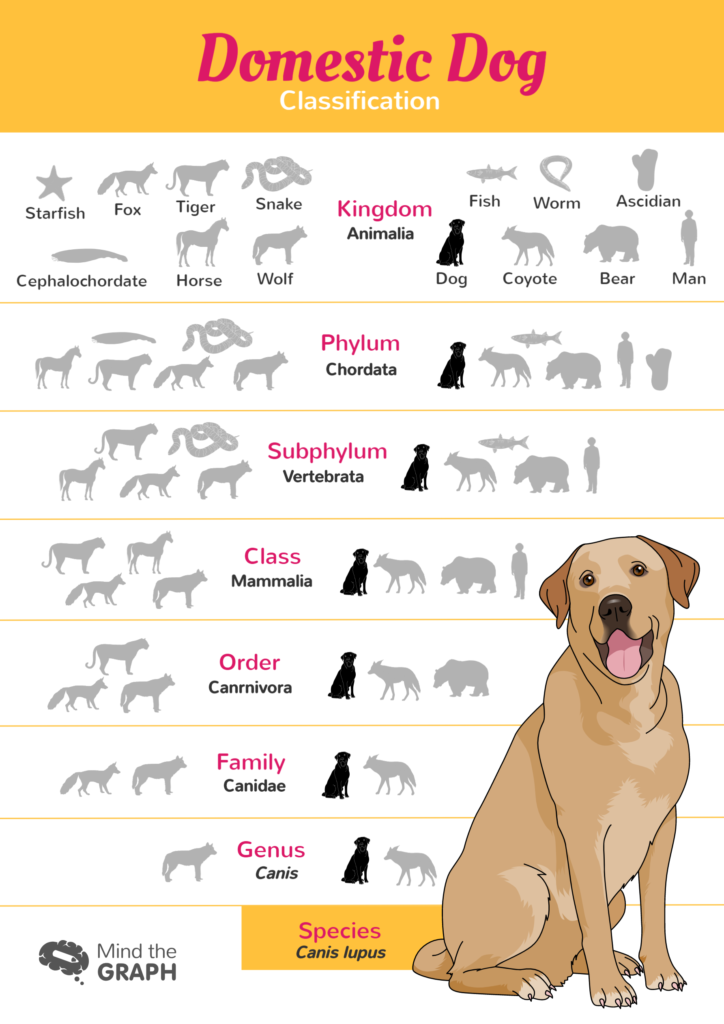Dog Daycare Observation Tips
Dog Daycare Observation Tips
Blog Article
Can Pet Childcare Reason Health Problem?
Pet dogs in daycare receive great deals of workout, socialization with other pets and special experiences. This can be especially valuable for puppies and pets with behavior problems.
There are several legal considerations you require to think about when beginning a doggy daycare company. These consist of the framework of your organization and conformity with government regulations.
1. Canine Distemper
Canine distemper is spread with straight contact with the physical liquids and waste of a contaminated pet, yet it can also be transmitted via shared water and food bowls or with airborne droplets. This highly infectious health problem is most unsafe for pups, yet it can impact dogs of any age and is fatal for many if left neglected.
Initial symptoms of canine distemper frequently simulate a cold, consisting of drippy eyes and nose with watery or pus-like discharge. As the illness advances, a canine will develop fever, coughing, reduced appetite, throwing up and looseness of the bowels. The infection can additionally strike the nerves, causing seizures, shivering and partial or full paralysis.
Reputable childcares lower direct exposure to infection by calling for inoculations, regular health examinations and comply with stringent hygiene procedures. If your pup seems overly tired or hopping, a day off might help him recover, but you should stay clear of taking him back to childcare up until these signs clear up.
2. Kennel Cough
Kennel coughing, likewise referred to as infectious canine tracheobronchitis or Bordetella, is a highly transmittable viral or microbial illness that affects the respiratory system system. It's typically transferred through the exchange of saliva or air beads that a sick pet breathes out. Social pet dogs are at higher risk for infection as a result of their constant communication with one another, such as when they play, share food or water, sniff one another or merely satisfy in a crowded environment like a pet park dog boarding or childcare.
The most common signs and symptom of kennel coughing is a consistent and forceful coughing that seems like something stuck in the throat or retching. Often, pets will certainly cough up foamy white phlegm. If left without treatment, a canine can develop pneumonia and go to major risk permanently.
A trustworthy day care facility must have strict cleansing and hygiene protocols, disinfect all playthings, food and water bowls routinely, and be open concerning their inoculation policies. Maintaining your pet dog up to day on their vaccinations, specifically for bordetella and canine flu, will significantly reduce their opportunities of acquiring the illness.
3. Parvovirus
Canine parvovirus, or parvo, is a very infectious viral illness that can be dangerous for puppies and young person canines with poor body immune systems. It's most commonly spread out by direct contact with infected canine feces-- which can take place when pet dogs sniff, lick, or preference infected feces-- and indirectly from contaminated individuals, items, or environments (like kennels, brushing rooms and grass). Puppies and pets without total inoculation histories are specifically prone to parvo.
The virus is exceptionally durable, surviving in the atmosphere for approximately nine years, and can conveniently be transferred in between canines by call with feces or on footwear, clothing, and bed linens contaminated with parvovirus. Otherwise treated quickly with IV fluids, electrolyte equilibrium, vomiting control drugs and prescription antibiotics to stop secondary microbial infections, a dog will quickly dry out and establish extreme diarrhea, which causes shock and sepsis. Parvo is tough to cure when a dog has actually come to be ill, however with ideal veterinary treatment, many young puppies do endure this disease.
4. Pooch Influenza
Dog influenza virus is very contagious and spreads with direct get in touch with, sharing food and water bowls, licking or nuzzling various other canines, via airborne beads, and through polluted surface areas. Vaccination works in reducing the danger of infection and episodes.
Most impacted pets develop a light respiratory infection with a coughing that lasts 1-3 weeks. They might also have nasal and ocular discharge, sneezing, and sleepiness. Several of the most major instances result in pneumonia and a high fever.
If your canine displays any one of these signs and symptoms, do not bring them back to daycare up until they are healthy and balanced. If your pet is showing signs of severe exhaustion or limping, speak with your veterinarian right away and make sure they get on healthiness supplements to aid build their immunity. A veterinarian will certainly review your dog for symptoms of the flu by taking a sample from the nose or throat, and blood examinations can be done to validate.